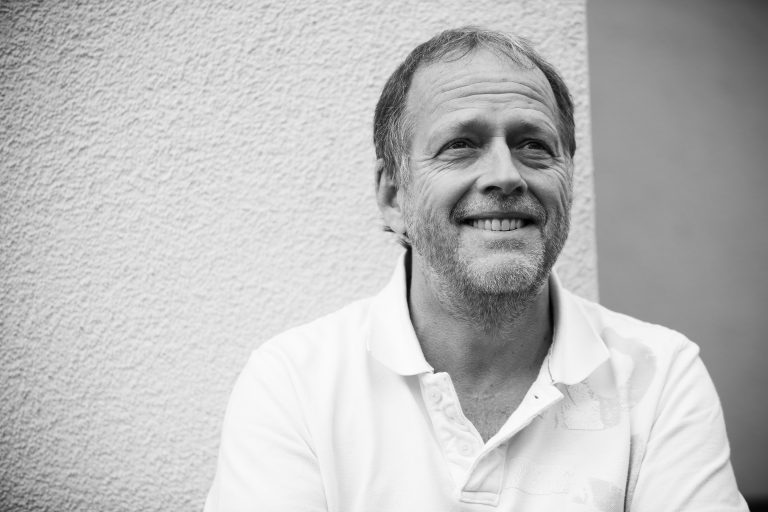CAROLINE'S LIFE WAS FULL OF CONTRADICTIONS, RICH, UNFULFILLED AND FULFILLED.
SIGRID DAMM
The opera tells the story of a woman who, against all social constraints, leads a life dedicated only to herself and her desire for independence and freedom, and who was therefore attacked and slandered by those who saw this self-determined existence as an affront to the established order. The libretto was written by Ralph Günther Mohnnau, who emphasizes Caroline’s self-confidence, which was remarkable in her time, but also her fears and sufferings. He portrays the era as a politically turbulent one, in which Caroline takes a lively (for her contemporaries perhaps too lively) interest. The thoughts and theses of the French Revolution are as important for Caroline’s self-image as the influence she later had on the so-called Jena Circle, a group of philosophers in Jena, for whom she is both a catalyst and a facilitator.
Commissioned by German National Theater, Weimar 1999
CAROLINE is published by Breitkopf & Härtel.
INSTRUMENTATION
Libretto by Ralph Günther Mohnnau
12 soloists: 2sop.mez.2ten.3bar.2bass
Choir: SATTBB
Orchestra: 3(1=picc.2=afl.).3(3 also Ehn).3.bcl.2(2 also cbsn)-4.3.3.1.-perc(3)-hp-acc-str.:12.10.8.8.6.
Duration: 2 hours
FIRST PERFORMANCE
Weimar, German National Theater, 10 July 1999
Conductor: George Alexander Albrecht
Stage Director: Ehrhard Warneke
Stage Design: Dieter Lange
Costume Designe: Wally Lindner-Badstübner
rEVIEWS
“… Musikalisch der traditionellen Oper verpflichtet, werden in diesem Werk verschiedene Personenebenen nebeneinander gestellt. So setzt sich die als Ensemble behandelte Gruppe der „Unzeitgemäßen“ von den größeren sanglichen Bögen der Protagonisten ab, die wiederum in Kontrast zu den schwierigen Chorpassagen stehen. Dadurch wird eine große musikalische Vielfalt erreicht, die das anspruchsvolle Libretto nicht nur unterstützt, sondern dem Anliegen der Gattung gemäß sich mit diesem zu dem geforderten Gesamtkunstwerk verbindet.”
“… Musically indebted to traditional opera, this work juxtaposes different levels of characters. Thus, the group of “untimely” characters, treated as an ensemble, contrasts with the larger vocal arcs of the protagonists, which in turn contrast with the difficult choral passages. This achieves a great musical variety that not only supports the demanding libretto but, in keeping with the concerns of the genre, combines with it to create the required Gesamtkunstwerk.”
Brita Schmallowsky, Nationaltheater Weimar

About Michael obst
Michael Obst is a composer, pianist, and teacher. He began his successful composing career with electronic music and subsequently composed works for music theater, film and concert halls. His experience as a pianist with the Ensemble Modern, enriched his understanding of contemporary music. After 25 fulfilling years of teaching, he is now excited to once again concentrate on his own composition projects.
- INFO@MICHAEL-OBST.COM



